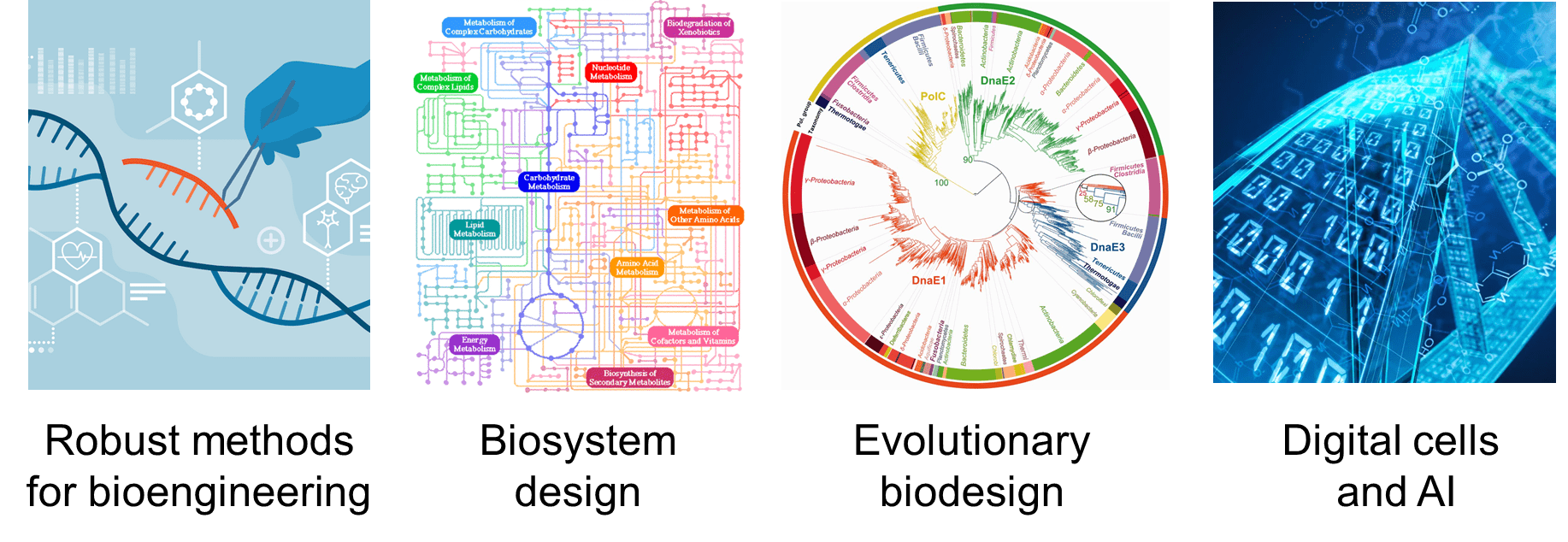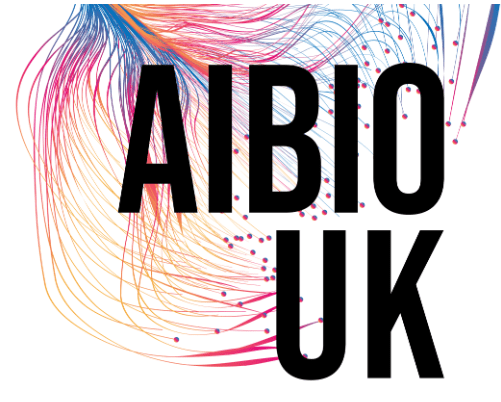The Engineering Biology Centre for Doctoral Training (EngBioCDT) is one of nine new CDTs at the University of Bristol, which will equip and nurture engineering and science students, thanks to a nationally-leading £57 million funding boost from UK Research and Innovation (UKRI) and its Engineering and Physical Sciences Research Council (EPSRC).
Engineering biology is one of the five critical technologies predicted to deliver prosperity to the UK as highlighted in the Government’s National Vision for Engineering Biology (December 2023). Sitting at the confluence of Biology, Chemistry, Engineering, AI and Data Science, it has the potential to provide innovative solutions to global challenges for sustainable food, materials and chemicals, combatting climate change, and technologies for improved healthcare, by harnessing biology in new ways and creating biomimetic and engineered living systems capable of surpassing what is possible from single-discipline approaches.

The EngBioCDT, run jointly with the University of Oxford, will provide bespoke cohort-based training with a focus on how engineering biology concepts and technologies can be translated into products with real-world impact. It will include teaching on: modelling and control theory, artificial intelligence and machine learning, gene circuit design, protein design and engineering, and tissue engineering.
The EngBioCDT will train 68 students over five cohorts between 2024 and 2032 in collaboration with over 20 partners including industry, startups, innovation specialists, and national institutes.

The Director of the EngBioCDT, Dr Lucia Marucci, said: “I am so excited to start directing our new Engineering Biology Centre for Doctoral Training in partnership with the University of Oxford, and cannot wait to welcome our new students in September. Many thanks to the EPSRC and BBSRC for funding our programme.”
At Bristol, the CDT will be managed also by Prof Imre Berger, Dr Tom Gorochowski (Deputy Director), Prof Jen McManus and Prof Dek Woolfson.


 Bringing artificial intelligence (AI) and biosciences together to tackle major societal challenges is the aim of a new five-year £1.6m project involving the University of Bristol and several other UK universities.
Bringing artificial intelligence (AI) and biosciences together to tackle major societal challenges is the aim of a new five-year £1.6m project involving the University of Bristol and several other UK universities.